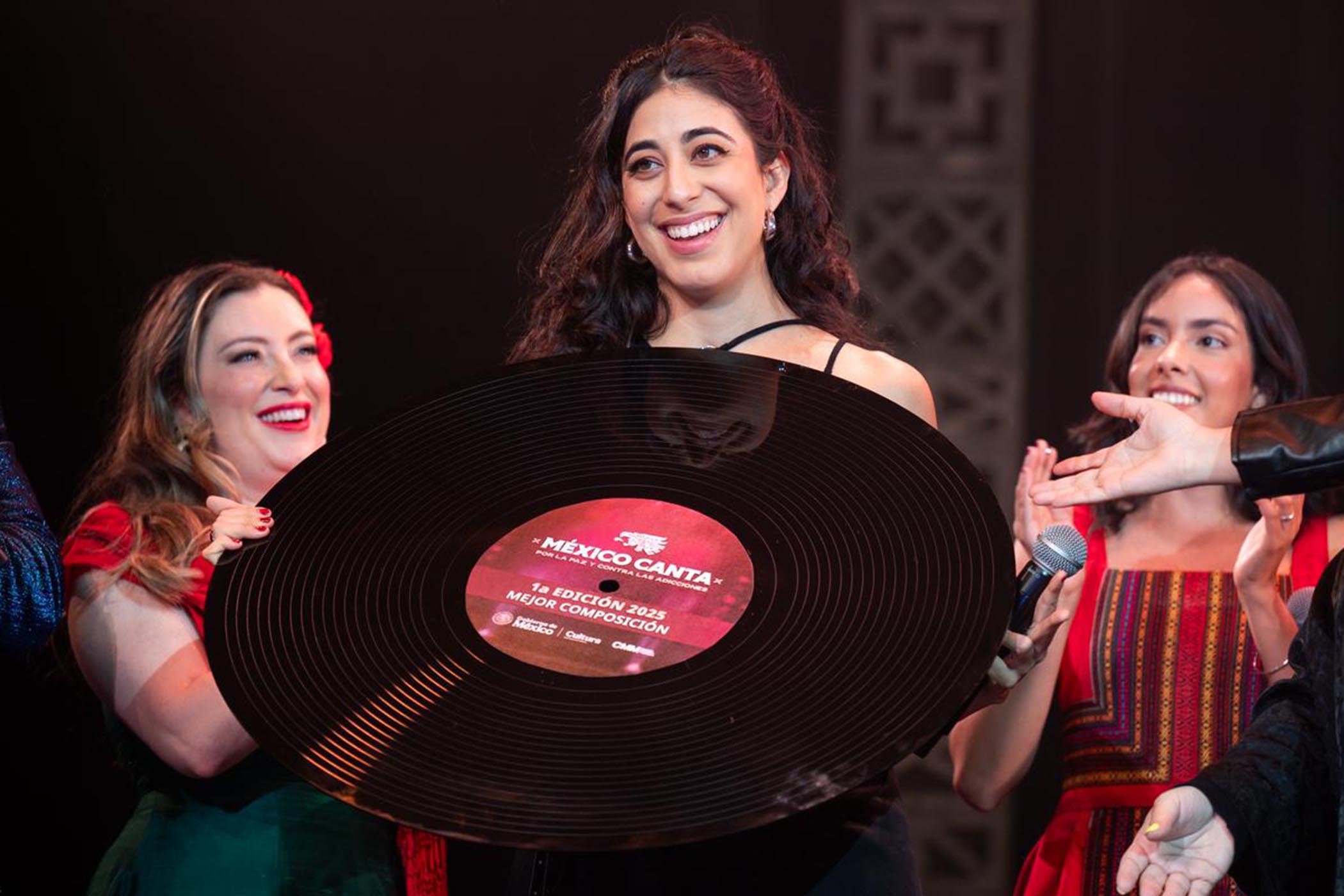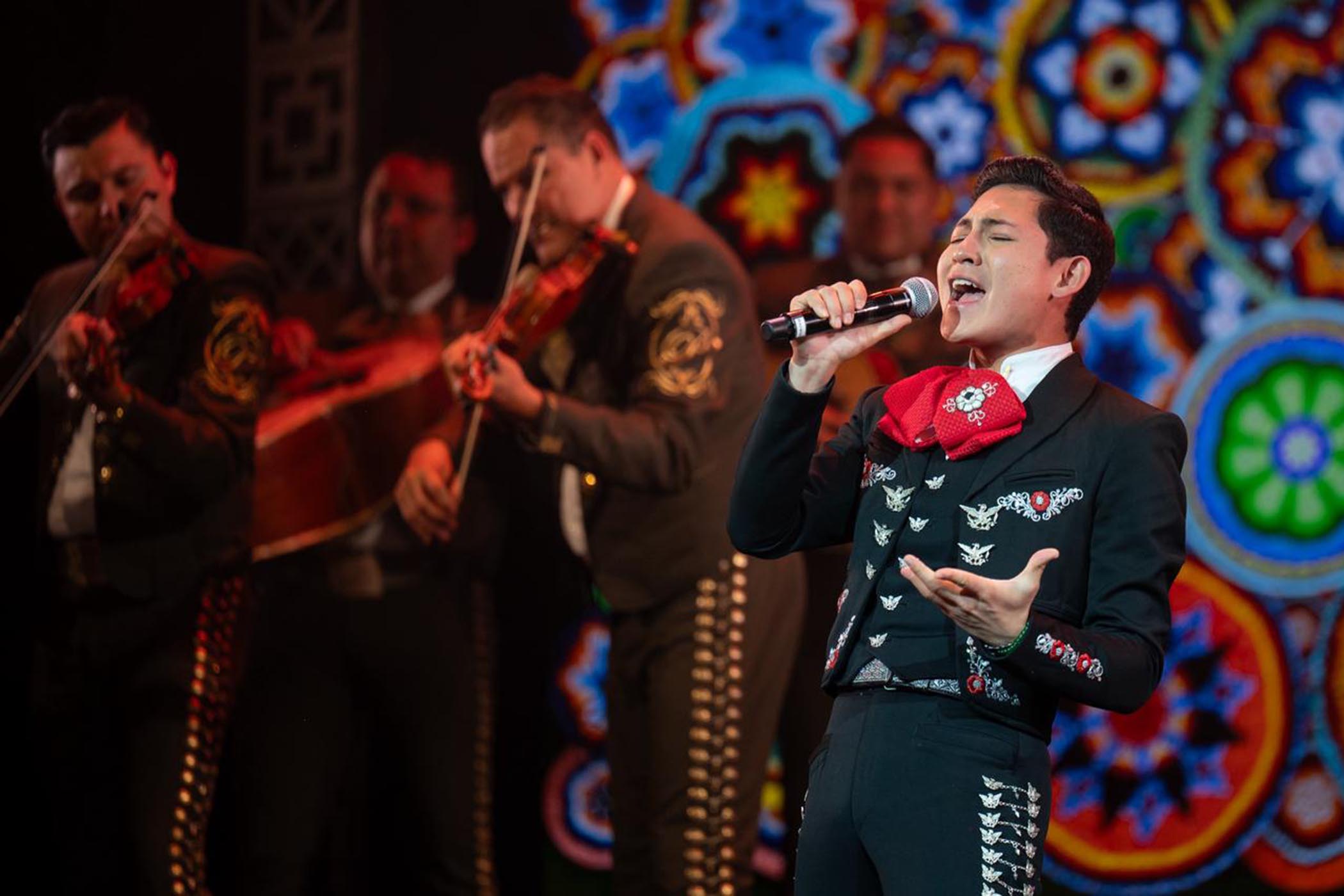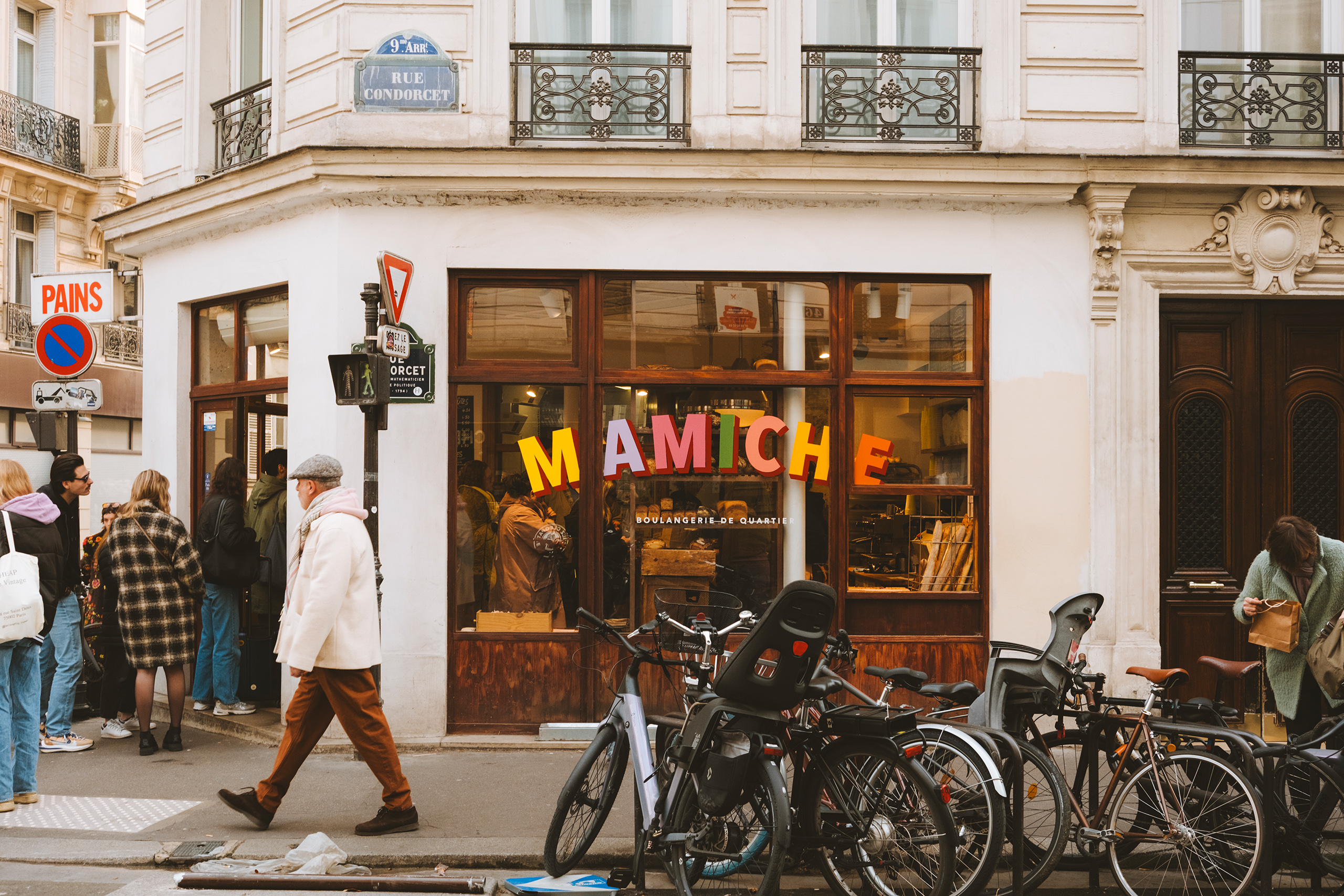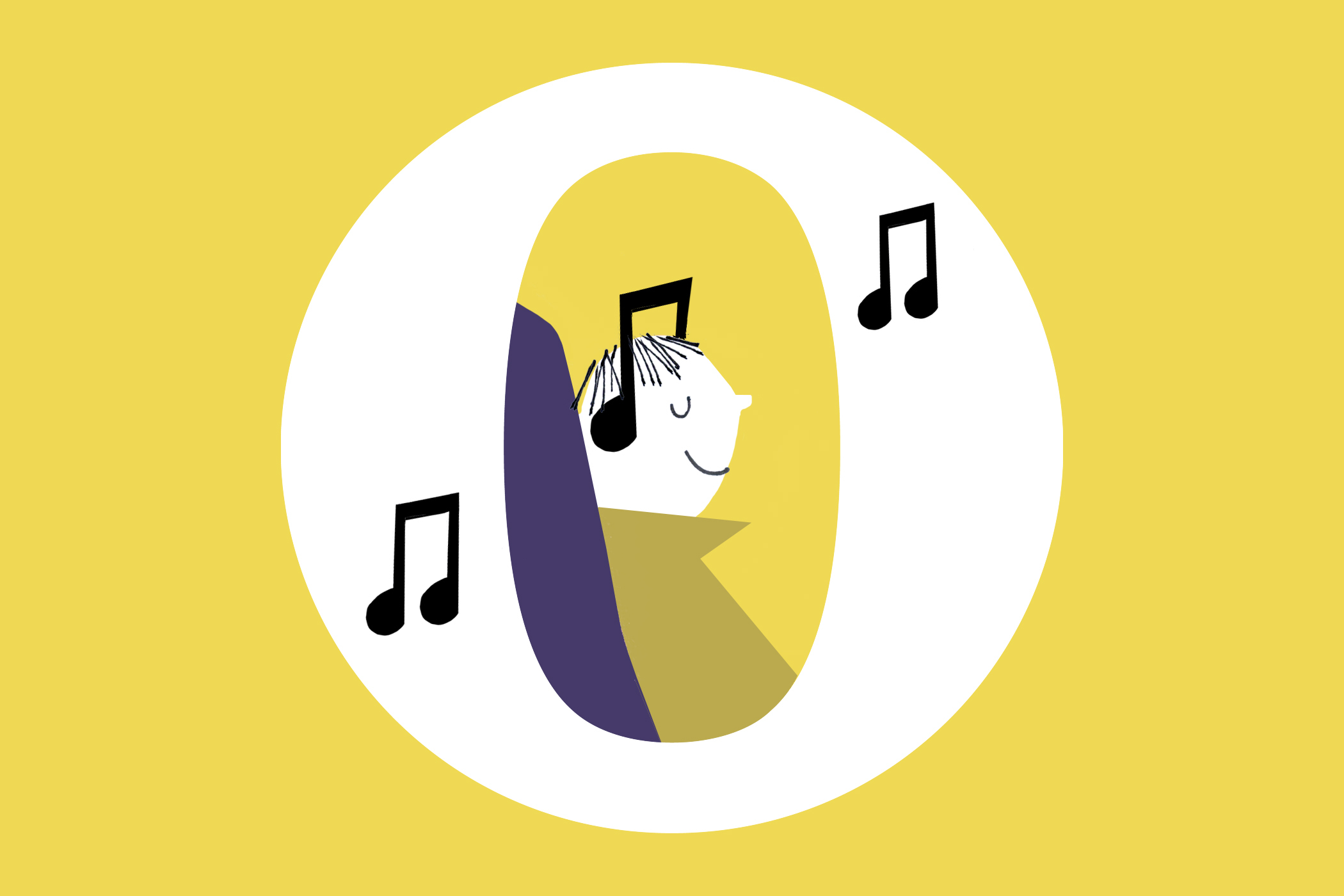Musicians across Mexico donned stetsons in rowdy arenas last weekend to sing narcocorridos: ballads about the criminal underworld and the drug cartels that run it.
At the same time in Mexico City, in a grand theatre with cherubs painted on the ceiling, eight young acts sang their hearts out in the finale of Mexico Sings – the new television talent show that the government hopes will steer the country’s music towards more wholesome themes.
“This shows that in Mexico you don’t need to glorify crime and violence,” said Sergio Maya, who scooped the prize for best performance, “but to sing with love and hope for the Mexico we all want to build.”
But whether the show’s winners will really draw crowds away from the controversial but enduringly popular narcocorridos is far from clear.
The Mexican tradition of corridos dates back more than a century, when such ballads recounted the exploits of folk heroes and revolutionaries to the rhythm of guitars, accordions and trumpets. The modern sub-genre of narcocorridos does the same but for cartel bosses – who in some cases pay for the songs themselves.
Today, many of Mexico’s biggest musicians – including global superstars such as Peso Pluma – have a lucrative sideline in narcocorridos, which they play to packed arenas not just at home but also in the US.
Critics accuse singers of narcocorridos of glorifying organised crime, despite the violence it wreaks in Mexico, where the murder rate is about four times the global average. Their defenders counter that they are simply reflecting the social reality of life in Mexico.
The upshot is that authorities periodically attempt a clampdown. The Trump administration has begun revoking the visas of groups that perform the songs. Meanwhile, many local governments in cities and states across Mexico have tried to ban narcocorridos, without great effect – except for one small riot by angry fans at a Luis R Conriquez concert.
‘This was all very positive. To the point that it was a little embarrassing’
‘This was all very positive. To the point that it was a little embarrassing’
Juan Carlos Ramirez Pimienta, corridos scholar
Now Mexico’s government says it is forgoing censorship and instead betting on its X Factor-style competition – its full title is Mexico Sings for Peace and Against Addictions – to boost young musicians who sing clean and patriotic songs.
“We want to promote a different culture in the country,” President Claudia Sheinbaum said in one of her daily morning press conferences. “TV series have glorified criminals, as if that were the best lifestyle for a young Mexican … We want to promote other visions, through music in this case.”
Newsletters
Choose the newsletters you want to receive
View more
For information about how The Observer protects your data, read our Privacy Policy
According to the criteria, all the entrants to the competition had to be aged between 18 and 34, and their songs had to be in Spanish, Spanglish or an indigenous language, with a grounding in traditional Mexican music.
More than 15,000 acts from Mexico and the US signed up. Over several stages, they were whittled down to the eight finalists who last Sunday sang to a theatre packed with family members, the public, media and civil servants.
Among them were several Mexican-Americans who spoke about connecting with Mexico through music, and whose songs touched on themes of migration and culture on both sides of the border. “They were very excited to be in Mexico,” said Juan Carlos Ramírez Pimienta, a leading scholar of corridos at San Diego State University, who tuned in. “I found it quite moving.”
But voters ultimately plumped for two Mexicans: Maya, who cut a dash in his mariachi outfit, belting out a hyper-patriotic ode to Mexico; and Carmen María, who won the prize for best composer with a pop song about lost love.
Galia Siurob, a lively 19-year-old from Tijuana with braces and big glasses, charmed the judges, who awarded her the jury prize.
The winners of the main categories won a record deal with an independent label and were given a trophy in the form of a giant vinyl record by a pair of slightly manic presenters flanked by industry insiders.

Carmen María, winner of the prize for best composer.
But beyond the format, Mexico Sings had little in common with other talent shows.
“Traditionally, in this sort of programme there are judges who are good guys and others who are villains,” said Ramírez Pimienta. “But this was all very positive. To the point that it was a little embarrassing.”
At one point all the acts even came out on stage to sing together, swaying side by side.
The government itself was an overbearing presence throughout. The presenters and participants echoed its talking points – and all the talk of “new narratives” in Mexican music had a distinctly top-down, moralistic whiff to it: the opposite of the outlaw spirit that animates narcocorridos.
“It was like a sermon,” said Ramírez Pimienta. “Like a priest telling you what you ought to do.”
Indeed, it’s unclear to what extent Mexico Sings resonated with the public. According to the organisers, 9 million people tuned in over the course of the show and more than 220,000 votes were cast in the final.
But it seems to have received scant attention on social media. It can’t have helped that the final aired at the same time as Mexico’s equivalent of Celebrity Big Brother, which was watched by more than 20 million people who cast more than 40m votes.
The following day, Ramírez Pimienta spent three hours listening to entertainment shows on the radio while driving. “Not one of them has commented on [Mexico Sings] or even mentioned it,” he said. “It’s as if no one has realised it happened.”
No matter: the government declared it a success. Organisers announced at a press conference after the show that all the finalists would go on a tour of Mexico and the US, and that they hoped the show would become an annual event.
“There is no single winner,” said Claudia Curiel de Icaza, the culture minister. “This is a celebration of who we are as Mexicans: the industry, the government and the youth united for a message of peace.”
“It was full of good intentions,” said Ramírez Pimienta. “But there’s a long way between that and changing popular taste.”
Photographs by Mexico Ministry of Culture


